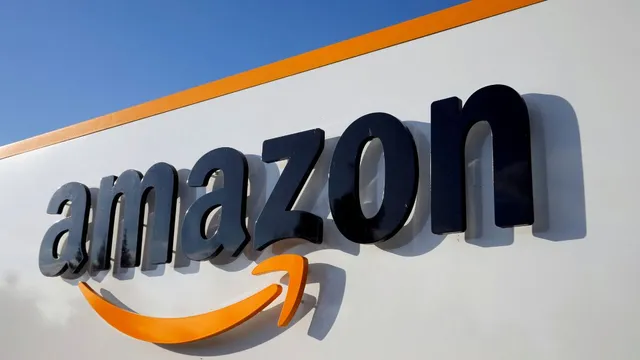- By Alex David
- Mon, 16 Jun 2025 01:53 PM (IST)
- Source:JND
India's quick-commerce business is racing through a sharp overhaul as e-commerce heavyweights Amazon and Flipkart crash into an already crowded arena. Their arrival has cranked up rivalry, sending discounts skyward, losses deeper, and sparking an all-out sprint for market share. Vanguard apps such as Blinkit, Zepto, and Swiggy's Instamart now confront renewed strain as the contest broadens.
The Economic Times reports that platform-wide offers in June 2025 routinely stretch to 20-25 per cent off the maximum retail price; two years earlier, discounts lingered below 10. Among baskets, personal-care staples bear the heaviest cuts – up to 35 per cent off MRP-while everyday groceries, packaged snacks, and drinks also face sharp markdowns. Dairy products, hampered by slender margins, carry lighter discounts closer to 5 per cent.
New Entrants, Higher Losses
Flipkart Minutes, Amazon Now, and JioMart have pushed the competitive ceiling even higher. With countless services scrambling for eyeballs, firms are now torching cash at an unprecedented rate. Monthly burn across the sector sits at 1,300-1,500 crore rupees – more than double levels logged a few months prior.
ALSO READ: 5 GTA Universe Connections We Want To See In GTA 6 (Vice City 2.0)
Earnings numbers show just how tough things have become. Blinkit's parent firm, Eternal, netted 39 crore in Q1 FY25, a steep drop from 175 crore in the same period last year. At the same time, Swiggy recorded a net loss of 1,081 crore – almost double what it lost twelve months ago. Both firms have poured more cash into quick commerce to hang on to the top spot.
Yet, analysts say the long-term picture is still bright. Morgan Stanley estimates India's quick-delivery segment, now worth around 8 billion, will swell to 28 billion by 2026 and 57 billion by 2030.
Scaling Infrastructure and Basket Sizes
To serve customers faster and bring down the cost of each order, firms are building out networks at speed. Flipkart Minutes, for example, aims to double its dark-store base from 400 to 800 micro-warehouses by late 2025 so it can promise ten-minute delivery. Amazon Now has kicked off service in selected Bengaluru pin codes and plans to move into Mumbai and the Delhi-NCR belt soon. At the same time, early players like Blinkit, Zepto and Instamart are speeding up their own roll-outs to keep rivals at bay.
ALSO READ: One UI 8 Update: Eligible Samsung Galaxy A Series Phones and Key Features
Beyond upgrading logistics, quick-commerce platforms now roll out bulk-buy schemes aimed at lifting average order size. Zepto's Super Saver and Instamart's Maxxsaver, for instance, promise steeper savings when baskets hit ₹1,000. Such tactics slash delivery and packing expenses while appealing to deal-seeking shoppers, much as bulk grocers like DMart do.
Conclusion
Indias quick-commerce contest has entered a fiery chapter, fuelled by heavy markdowns, huge capital and breakneck expansion. Profit margins still dodge the picture, yet the markets long-range promise is clear. As Amazon and Flipkart u-b hack the pioneers, shoppers can look forward to cheaper, speedier drops, yet the price of rivalry is climbing behind the curtain.

